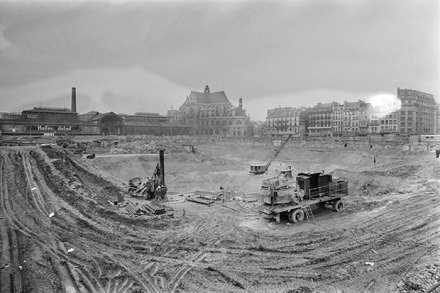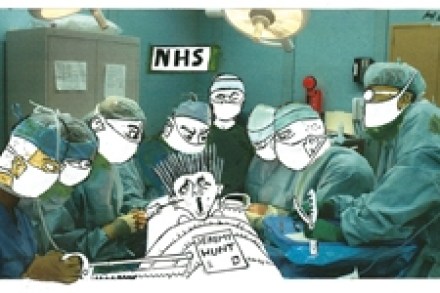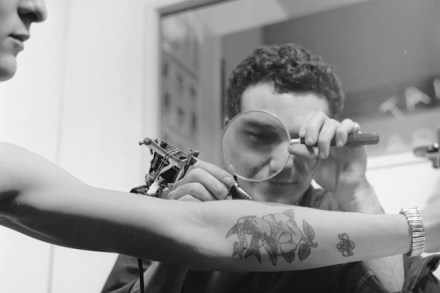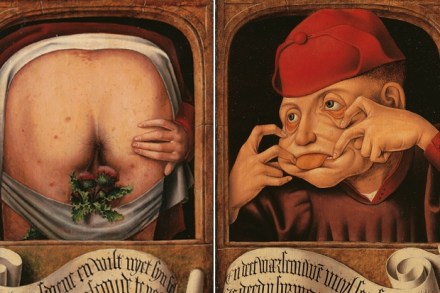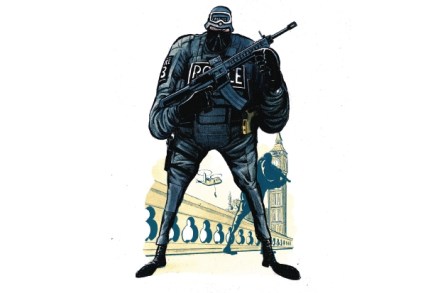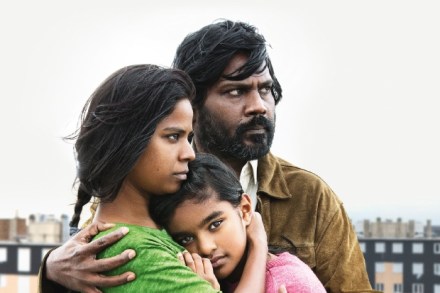Terror returns to Paris in Louvre attack
A man armed with a machete has been shot by a soldier outside the Louvre in Paris this morning. French police said the attacker – who is fighting for his life in hospital – yelled ‘Allahu Akbar’ as he tried to gain access to the world-famous museum. Prime Minister Bernard Cazeneuve has described the attack as ‘terrorist in nature’ and the French foreign minister has said the man involved was armed with several knives. One of the things to say about the incident this morning was that it was over before it started. While the motivations behind the attack – and the identity of the man involved – will now







